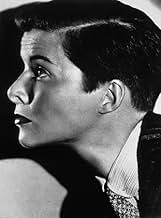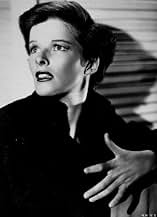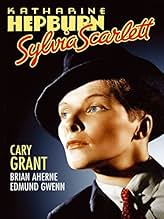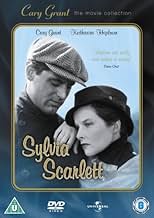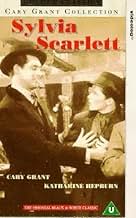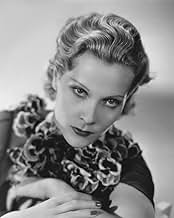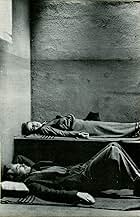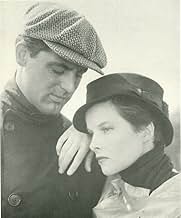There seem to be some very common unfortunate negative feelings about this film ("SS"), which I think are mostly a clash of expectations with execution. The film presents two great stars in unexpected roles with unexpectedly complicated characters and quirky humor.
This is an interesting platform for Hepburn's developing style, moving her from relatively straightforward "strong female" roles (Christopher Strong, The Little Minister 1932-1934) to more multifaceted personas where Hepburn has to interact more with her femininity (Alice Adams, Quality Street 1935-1937). Sylvia's concern with her sexuality is very disconcertingly captured by the alternatingly coquettish and belligerent Hepburn.
Cary Grant's role in SS is a dark type he didn't get to do often enough, but excelled at. Grant has in this movie a truly unredeemable side that can't be whitewashed by just putting on nice clothes or changing his accent--a side he perfected in None But The Lonely Heart.
The movie also has great virtue as a cultural island in rather intolerant times. The faint undertones of male (Sylvester and Michael Fane) and female (Sylvia and Maudie and Lily) homosexuality are subtle and effectively done, and of course the transvestitism is diverting: the scene where Hepburn meets the owner of her dress is a classic.
Overall, the humor and characterizations in SS are pointed in so many directions that it's hard to figure out whether the movie is deep or ditzy. I have my doubts--the change from con-men to vaudevillians would be hilarious if it weren't so bizarre--but I vote for the former. This movie deserves its place beside Bringing Up Baby, Holiday and The Philadelphia Story as an enduring work of the Hepburn/Grant collaboration.

